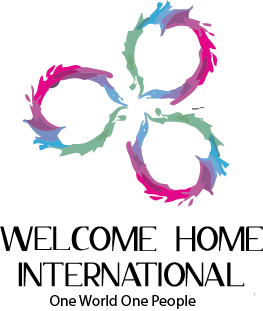ATLAAS
Approaches to language acquisition for adult students
Communication in foreign languages is one of the eight key competencies defined by the European Reference Framework. It consists of the ability to understand spoken messages, to initiate, sustain and conclude conversations and to read, understand and produce texts appropriate to one’s individual needs. A positive attitude involves the appreciation of cultural diversity and interest in and curiosity about languages and intercultural communication. Language teaching and learning is essential to ensuring that European citizens can move, work and learn freely throughout Europe. This will help boost jobs and growth, and contribute to a mutual understanding of other countries and cultures. It is also essential to ensure that language deficiency is not a barrier to participation in society. The role of the European Commission is to coordinate efforts with national governments to pursue the objectives of the strategic framework for languages with support from the activities of Erasmus+.
The main objective of the project is to contribute to the provision of quality and effective teaching methods and tools for education providers - teachers and trainers.
In order to achieve the main objective, the project activities will focus on:
- fostering of the awareness of the importance of speaking foreign languages in the globalizing society;
- improvement of the access to the quality innovative and effective teaching and training tools and
methods for teaching foreign languages to adult learners;
- sharing and evaluation of various approaches to teaching English to adults;
- providing a simple comparative analysis of the collected approaches focused on their benefits and
feasibility;
- promotion of life-long learning, especially in relation to the importance of multilingualism.
The project will be implemented in a rather big partnership consisting of 10 different partners from 10
different European countries. The size of the partnership is expected to have a significant multiplying
effect on the spreading of the project results.
This project will address two distinct target groups:
- adult learners; this group needs special approaches in comparison to those being used with formal education at schools (in terms of fostering their awareness of their own skills and potential for learning foreign languages);
- educators (teachers and trainers); this target group needs to keep pace with the development of
technology as well as with the increased demand for quality education, that should be tailored to the requirements of the first target group in order to fulfill the above-mentioned need.
